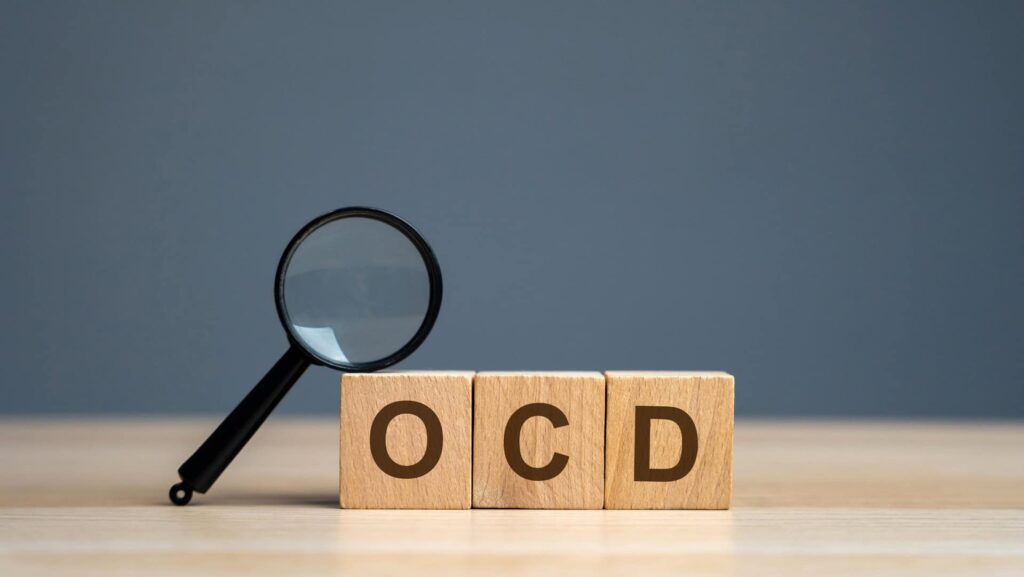When it comes to OCD assessment and management, nutrition often takes a backseat, but its role is pivotal. Obsessive-Compulsive Disorder (OCD) affects millions globally, and while therapy and medication are commonly emphasized, the connection between diet and mental health is gaining recognition. Understanding how nutrition impacts OCD can transform the way individuals approach their treatment plans, making it a crucial aspect of comprehensive care.
Understanding the Nutritional Impact on OCD
OCD is a mental illness marked by persistent behaviors or thoughts (compulsions) and disturbing ideas (obsessions). Traditional treatment often includes cognitive-behavioral therapy (CBT), specifically exposure and response prevention (ERP), and medication such as selective serotonin reuptake inhibitors (SSRIs). However, an emerging body of research suggests that nutrition might play a significant role in managing OCD symptoms. At Eat for Life, we recognize the importance of a holistic approach, including the integration of nutritional strategies to support mental health.
Nutritional Deficiencies Linked to OCD Symptoms
Nutritional Deficiencies and Mental Health
Nutritional deficiencies can exacerbate mental health conditions, including OCD. Brain function and emotional control might be impacted by vitamin and mineral deficiencies, including zinc, magnesium, and B vitamins. For instance, zinc is essential for neurotransmitter function and neuronal communication, and its deficiency has been linked to mood disorders. Similarly, B vitamins are crucial for producing neurotransmitters like serotonin and dopamine, which are often imbalanced in individuals with OCD.
The Gut-Brain Connection
The gut-brain axis refers to the complex communication network linking the gastrointestinal tract and the brain. Research indicates that gut health significantly impacts mental health, including OCD. An imbalance in gut microbiota—such as an overgrowth of harmful bacteria or yeast—can influence brain function and mood. At Eat for Life, we emphasize maintaining gut flora through a diet rich in prebiotics and probiotics, which may help reduce symptoms of OCD.
Omega-3 Fatty Acids
Omega-3 fatty acids, found in fish oil, flaxseeds, and walnuts, are known for their anti-inflammatory properties and their role in brain health. Studies have shown that omega-3 supplementation can positively affect mood disorders and may help reduce OCD symptoms. Incorporating omega-3-rich foods into the diet can support overall mental well-being and contribute to the management of OCD.
Incorporating Nutritional Strategies into OCD Management
Balanced Diet
A balanced diet that includes a variety of nutrient-dense foods can support mental health and improve overall well-being. Emphasizing whole foods such as unrefined fats, fruits, vegetables, and grass-fed and organic proteins can provide the necessary nutrients for optimal brain function and mood regulation.
Avoiding Trigger Foods
Certain foods can negatively affect mental health and may exacerbate OCD symptoms. Processed foods high in sugar and refined fats in the form of ultra-processed seed oils can lead to inflammation and mood swings. Reducing or eliminating these foods from the diet can help stabilize mood and support effective OCD management.
Personalized Nutrition Plans
Since individual nutritional needs vary, a personalized nutrition plan can be beneficial. Working with a nutritionist or dietitian can create a tailored dietary plan that addresses specific nutritional deficiencies and supports overall mental health. This approach ensures that the diet complements other treatment modalities and enhances the effectiveness of the overall OCD management strategy.
Integrating Nutrition with Traditional OCD Treatments
Incorporating nutritional strategies into OCD management should complement, not replace, traditional treatments. A holistic approach that combines traditional therapy with nutrient therapy and nutrition can offer a more comprehensive solution. For instance, while CBT addresses the psychological aspects of OCD, a diet that addresses an individual’s unique biochemistry, along with nutrient therapy can support brain health and reduce inflammation, potentially enhancing the effectiveness of other treatments.
Monitoring and Evaluation
Regular monitoring of nutritional intake and its impact on OCD symptoms is essential. Keeping track of dietary changes and symptom fluctuations can provide valuable insights into the effectiveness of nutritional interventions. At Eat for Life, we work with individuals to refine dietary plans, ensuring they align with the overall treatment goals, biochemistry, and gut health, while supporting optimal mental health.
Conclusion
Nutrition plays a critical role in the assessment and treatment of OCD. By addressing nutritional deficiencies, supporting gut health, and incorporating beneficial nutrients, individuals with OCD can experience improvements in their symptoms and overall mental health. At Eat for Life, we are dedicated to providing a holistic approach to mental health, integrating nutrition into OCD management to enhance treatment outcomes and support a balanced, healthy life.
Ready to take the next step? Contact our expert counselor Samantha Gilbert at Eat for Life to explore how personalized nutrition can complement your OCD treatment plan and support your journey toward better mental health.









